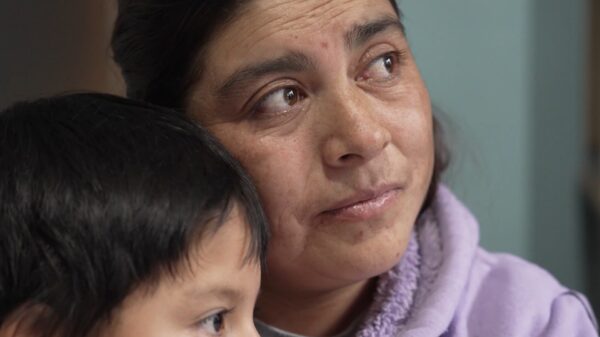A convicted right-wing extremist in Germany has reportedly exploited the country’s recently enacted Self-Determination Act to serve an 18-month prison sentence in a women’s facility. Marla-Svenja Liebich, formerly known as Sven Liebich, was convicted in July 2023 for his involvement in far-right extremist activities. Shortly after the legislation came into effect, Liebich claimed a female gender identity, allowing him to be transferred to a women’s prison.
The Chemnitz women’s prison in the state of Saxony is where Liebich will begin his sentence. His transition occurred just weeks after the law was implemented, which simplifies the process for individuals to change their gender identity without the need for a psychiatric evaluation. Critics argue that Liebich’s actions exemplify a loophole in the law designed to support transgender individuals.
Germany’s interior minister, Alexander Dobrindt, criticized this situation, stating, “This is an example of the very simple abuse of the self-determination law.” He emphasized the need for a thorough discussion on the potential misuse of such legal provisions, expressing concern that the judiciary and public have been misled by this case.
Liebich, who has been an active member of far-right groups since the 1990s, gained notoriety as a significant figure in the banned neo-Nazi network “Blood & Honor.” Prior to his gender transition, he often donned Nazi-style attire at extremist rallies and ran an extremist blog called Halle Leaks. His business selling extremist merchandise was closed in 2023 following legal actions against him.
His recent actions have raised eyebrows, particularly his claim of converting to Judaism and his request for kosher meals and rabbinical supervision during his incarceration. Liebich previously garnered attention for getting a tattoo of a yellow Star of David, along with the word “unvaccinated,” which he used to draw parallels between the treatment of unvaccinated individuals and the persecution experienced by Jewish people during the Holocaust, as reported by the Washington Post.
Upon arrival at the Chemnitz facility, Liebich’s status will be assessed in an admission interview. The decision will consider various factors, including the compatibility of his detention with prison regulations and the security interests of other incarcerated women. Benedikt Bernzen, a spokesperson for the Halle Public Prosecutor’s office, stated, “[This will examine] whether Ms. Liebich’s detention in the prison there is compatible with other considerations that may play a role.”
This case has sparked a broader discussion about the implications of the Self-Determination Act and its potential for misuse. As Germany grapples with balancing individual rights and public safety, the situation continues to unfold, drawing attention from both political leaders and the public.







































































